It’s harder than ever to cut through the diatribe against refugees in the UK right now. Still scapegoated by the government and the British press, nationwide our compassion towards the most disadvantaged has been suspended in place of disregard and outright aggression, as the public becomes far more concerned with the prospect of a no deal Brexit that British xenophobia gave way to in the first place. Don’t be fooled, despite the irrefutable chaos Brexit has caused, globally we still remain in the midst of the greatest refugee crisis since the Second World War, and while the refugee camp in Calais may have long been dismantled and the cameras gone, the stories of those attempting to find a safe passage into Britain remain just as harrowing.
According to the government’s latest statistics of migration, released in August, globally there are over 68.5 million people who have been forced to flee their homeland. In the year ending June 2018, approximately 633,000 people fled to Europe, and in that period Britain received 27,044 asylum applications. According to the same report, by the end of June, 10,707 asylum applications were still awaiting an initial decision for over six months, leaving the total number of cases in Britain seeking asylum — each person unable to work, with no certainty around their future or their safety — at 22,676. To put things into perspective, and shut down the false notion that Britain bears the brunt of European immigration, only 4% of claims for asylum in the EU last year were to Britain, and only 29% of initial decisions made in the year to June 2018 have been to grant asylum status. In the words of the Refugee Council, “The British asylum system is extremely tough.”
For Breaking Barriers, a charity that helps refugees in London into employment through training and support, the challenge is not simply providing the disadvantaged with the tools to help build a new life, but also to shift perceptions and assumptions around what it means to seek refugee status. A new exhibition, A New Beginning, looks to highlight the hopes, dreams and realities of 10 Londoners from refugee backgrounds, through a series of portraits and stories. Each subject shot by a different photographer — from CSM graduate and i-D contributor Campbell Addy, to the award-winning artist and photographer Nick Waplington — the exhibition is an expansive look at just a few of the incredible stories of strength, resilience and optimism required to flee your home country in search of safety. Take a look at the photography on show below, and find their full stories at Protein Studios from 4 – 7 October.
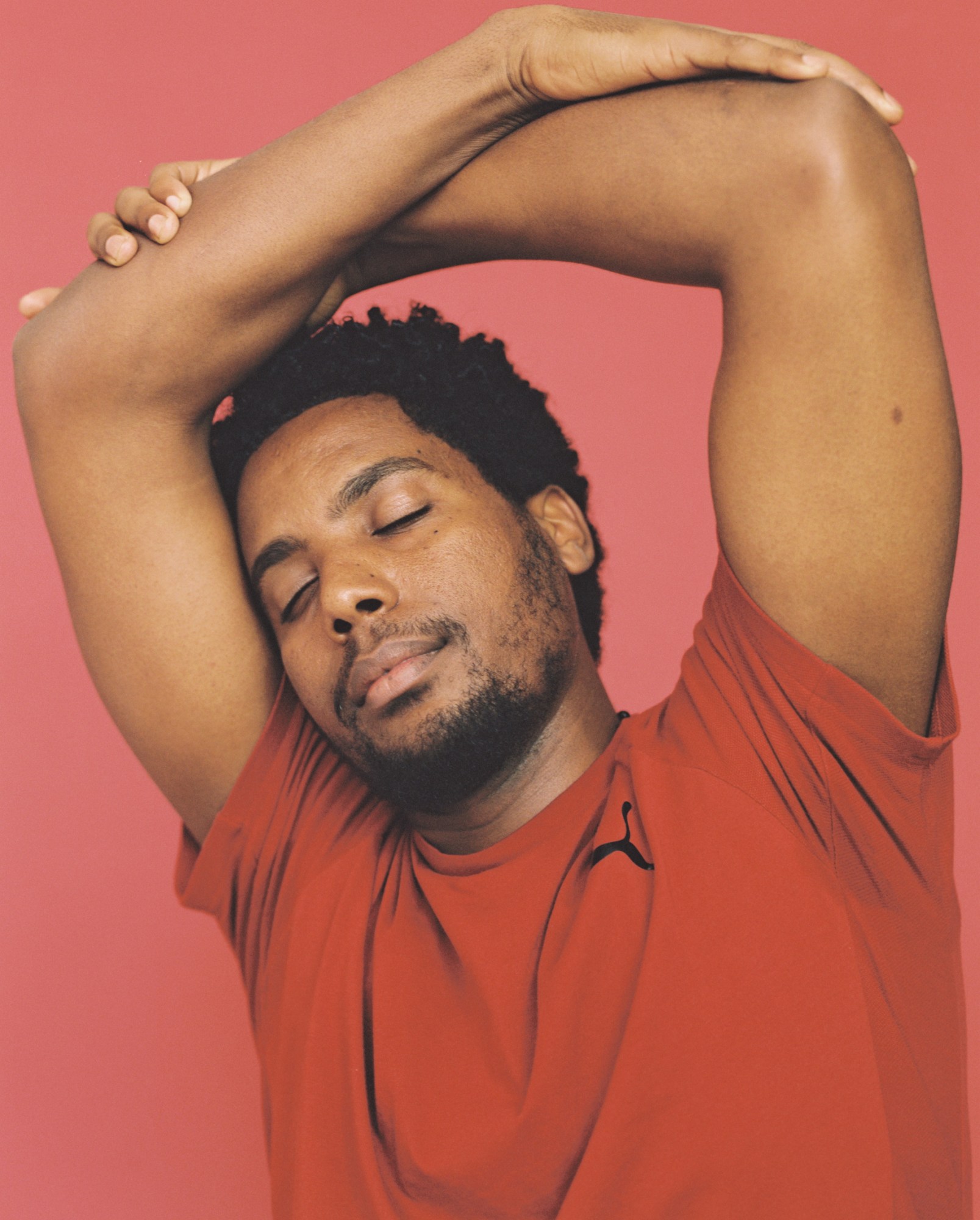
Daniel from Eritrea, photography Campbell Addy
“It’s hard to adjust to a totally new place, in ways that I can’t even describe.”
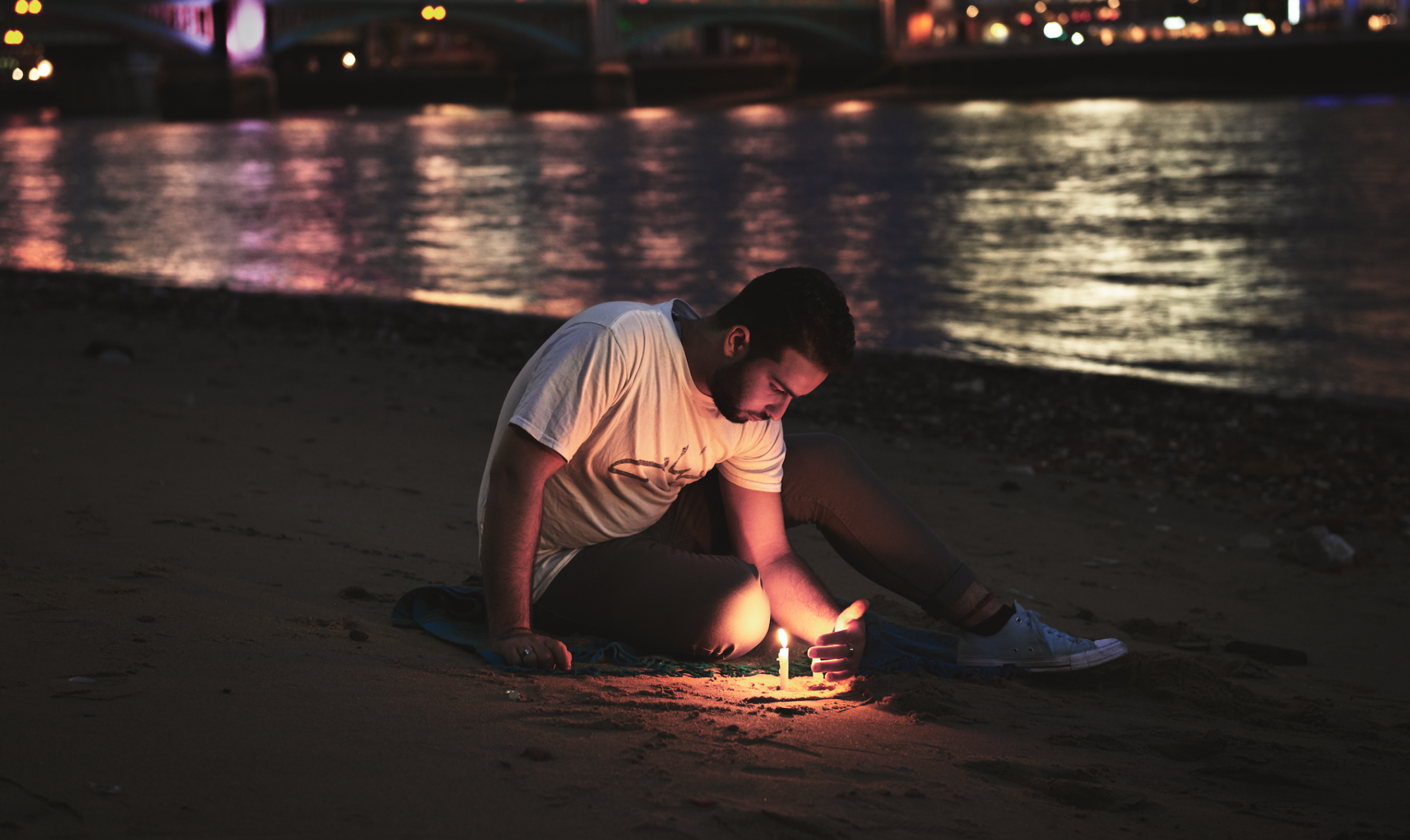
Samer from Syria, photography Timur Celikdag
“I want to study medicine and become a doctor. It would be shameful if I came to this country and didn’t study.”
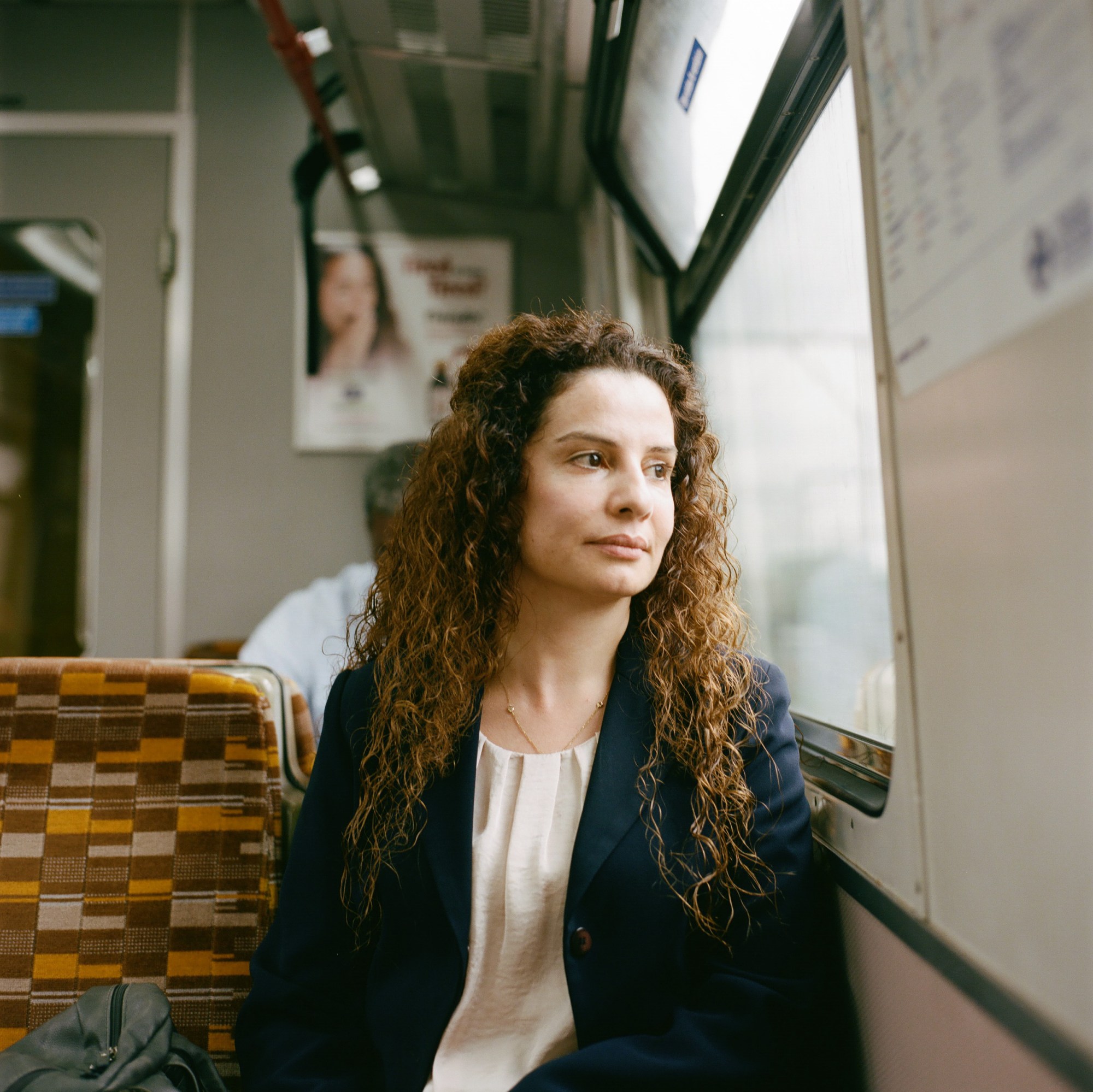
Ozlem from southeastern Turkey, photography Jo Metson Scott
“I came here with literally just, ‘Yes’, or, ‘No’. There were times when I was in tears with frustration that I couldn’t express myself.”
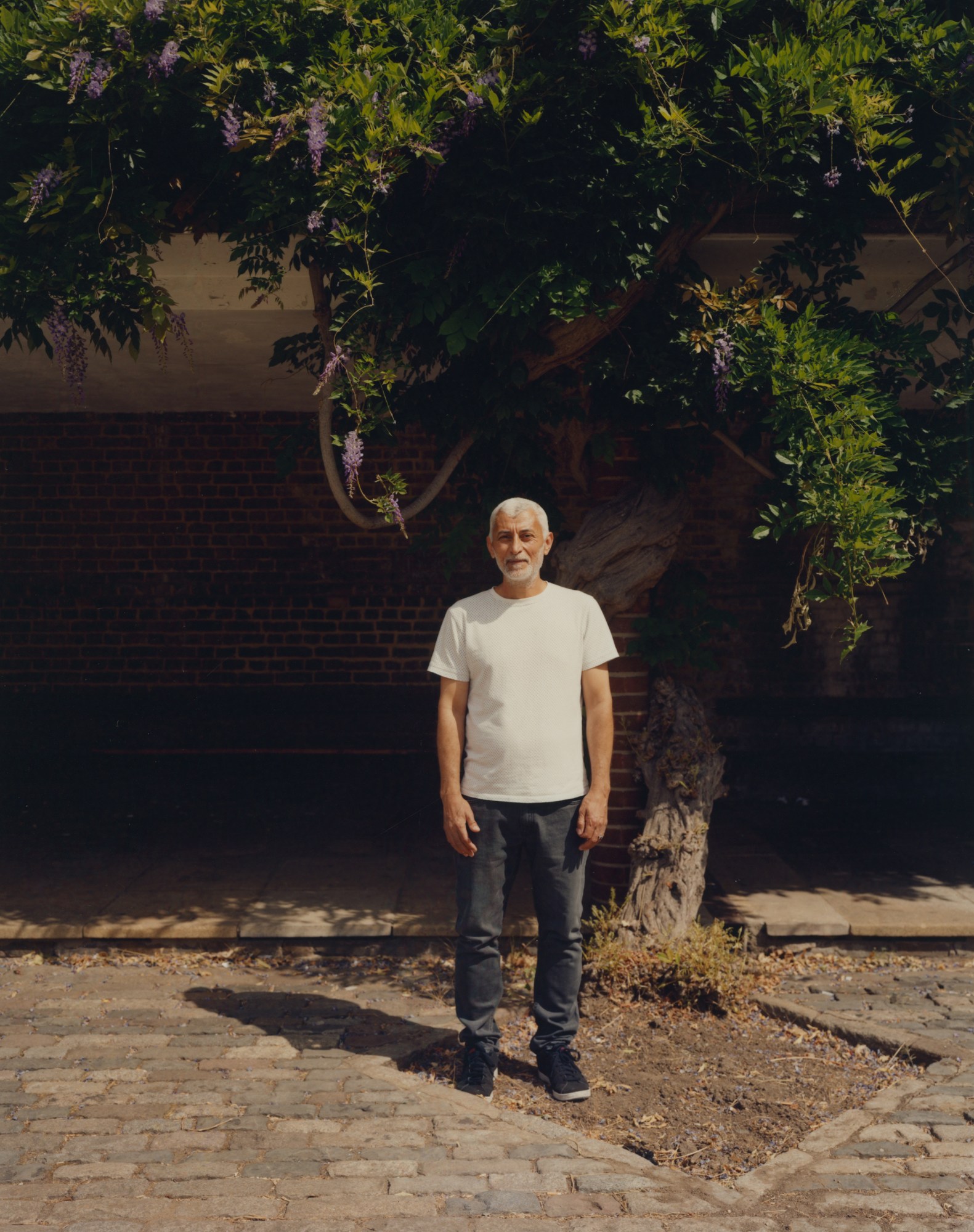
Ahmed, photography Nick Waplington
“None of this was my plan, but step-by-step, life is improving.”
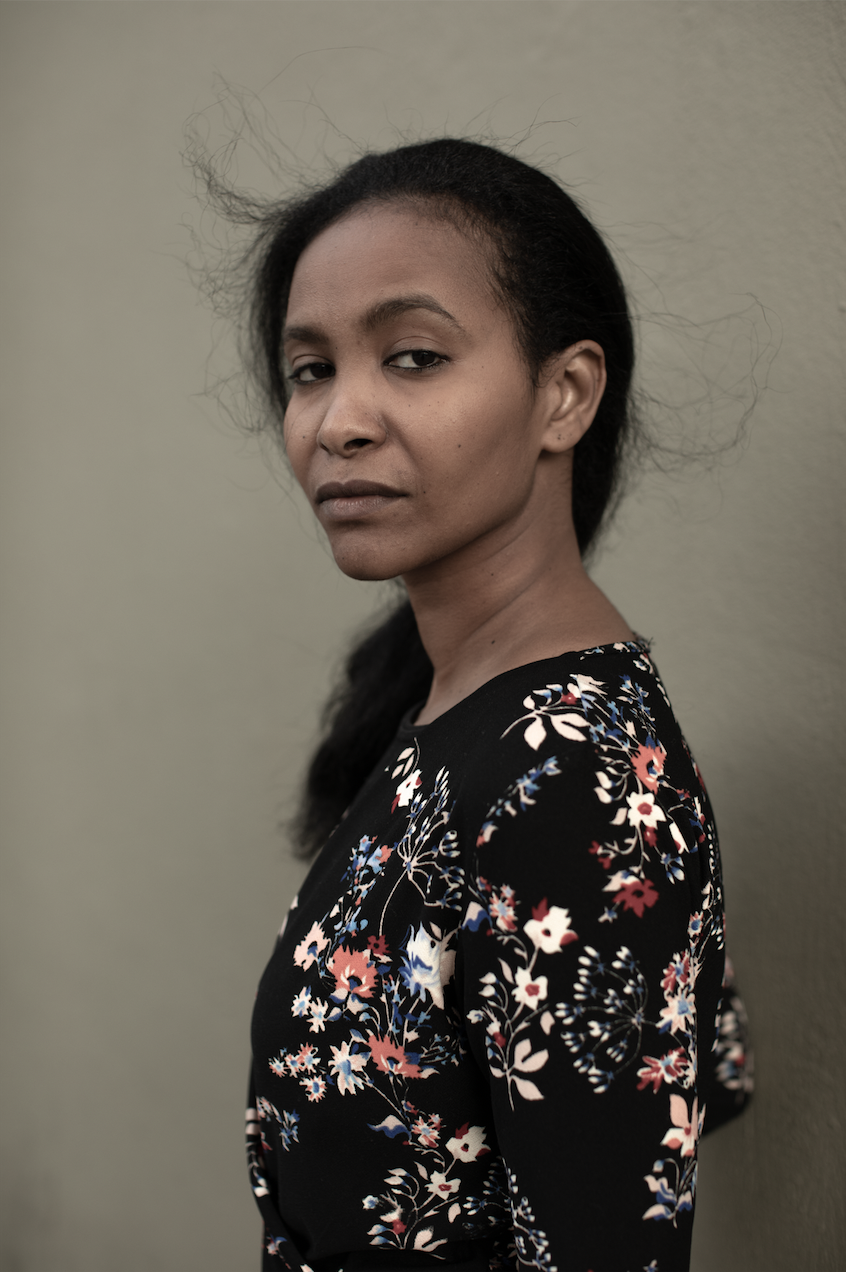
Mayada from Sudan, photography Diana Markosian
“[In London] you don’t feel like you are a foreigner, because everyone is from somewhere else.”
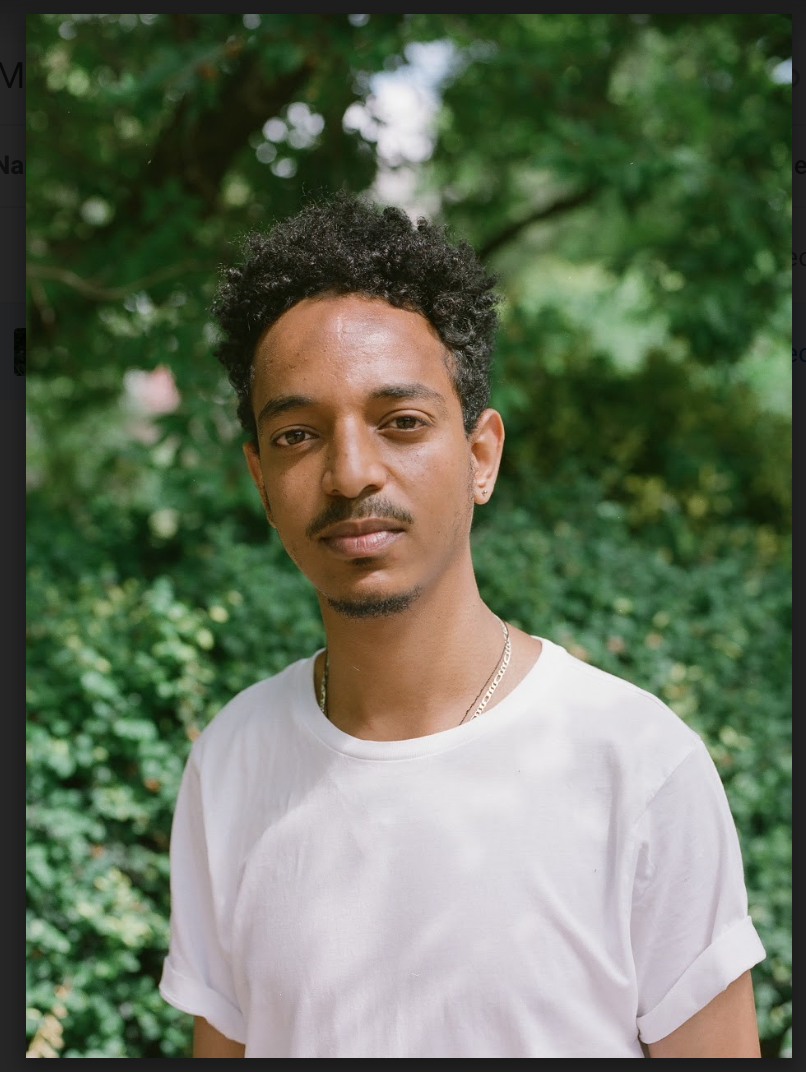
Yuel from Eritrea, photography Caleb Femi
“It’s the most important thing in life, having freedom.”
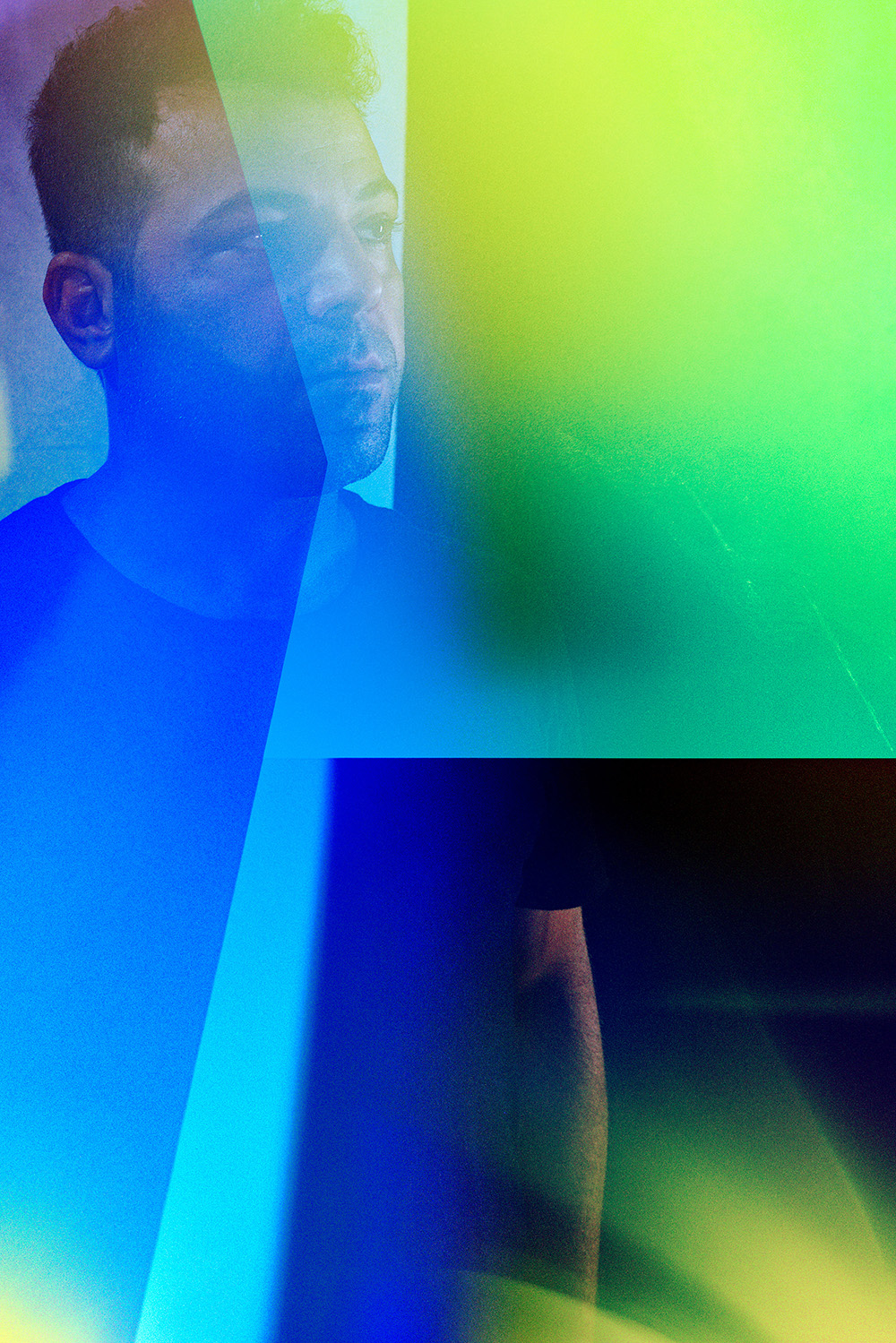
Mohsen from Iran, photography Leon Chew
“I always love to know about people, how they live, what they do, how they survive.”
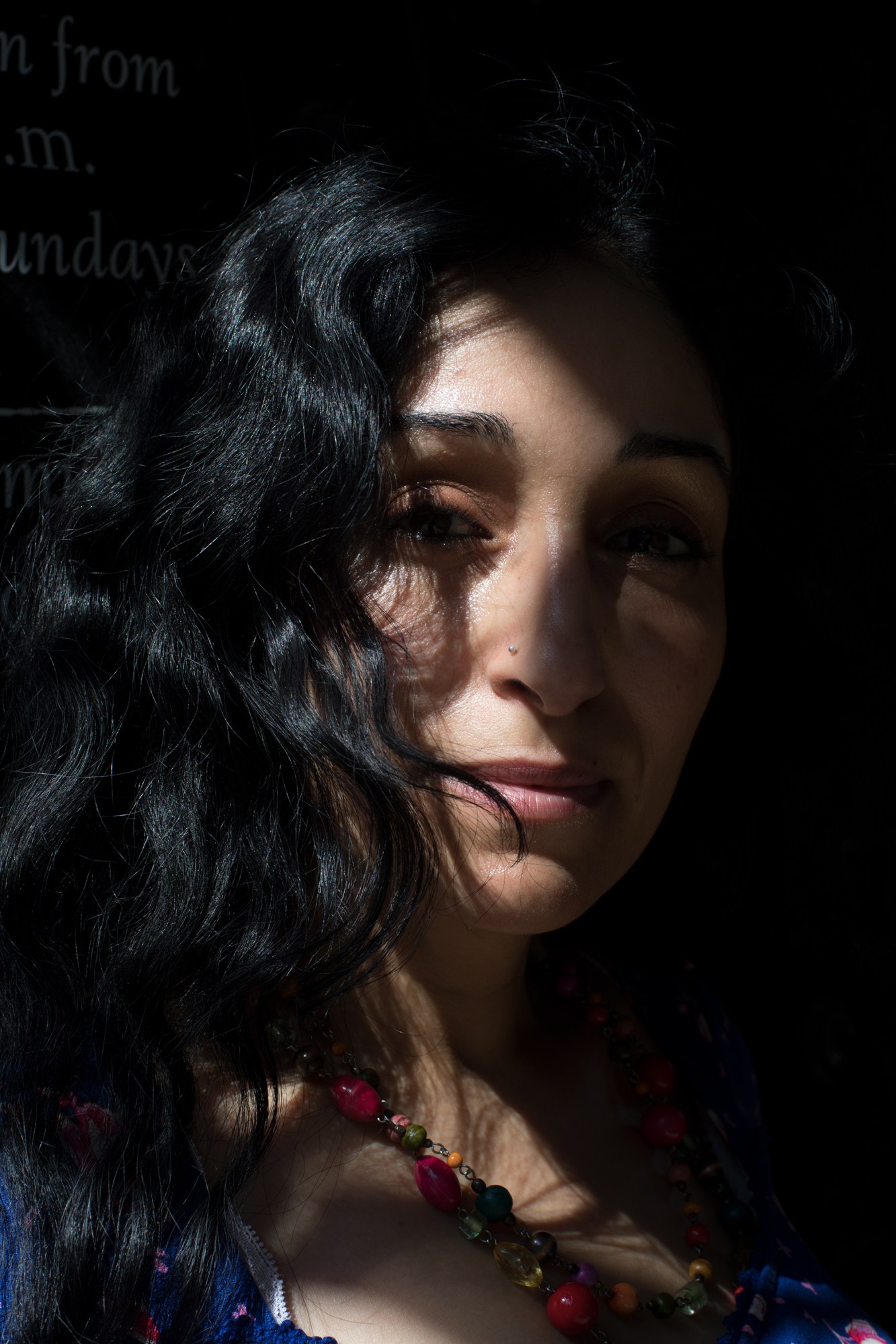
Beilqes from Yemen, photography Leonie Hampton
“Human beings are the same all around the world. What matters is your desire and willingness to be a part of this community.”
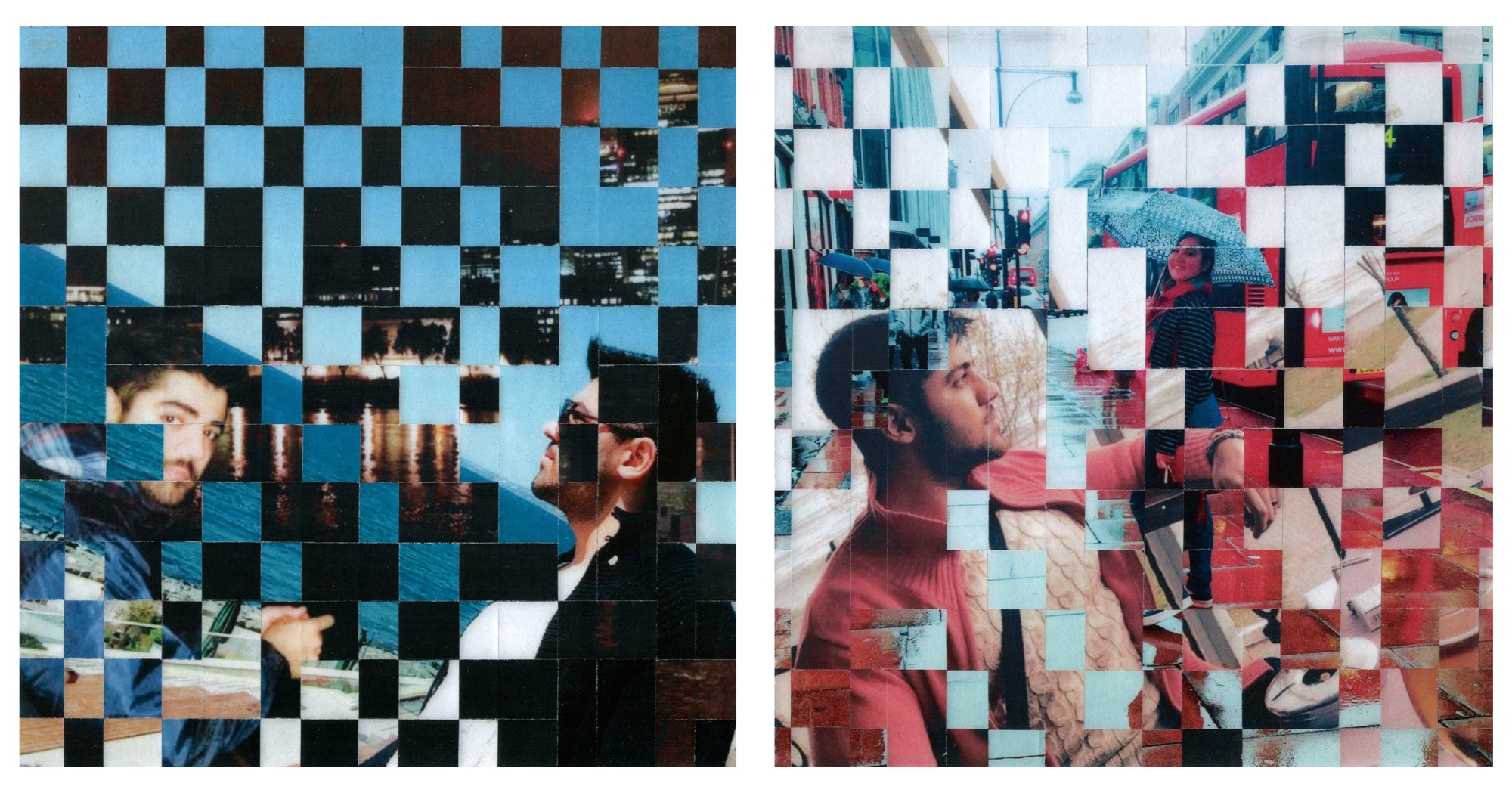
Amir from Iran, photography Samin Ahmadzadeh
“I’m happy I’m here and my family is here. They’re safe, and they’re happy, and I’m on a path.”
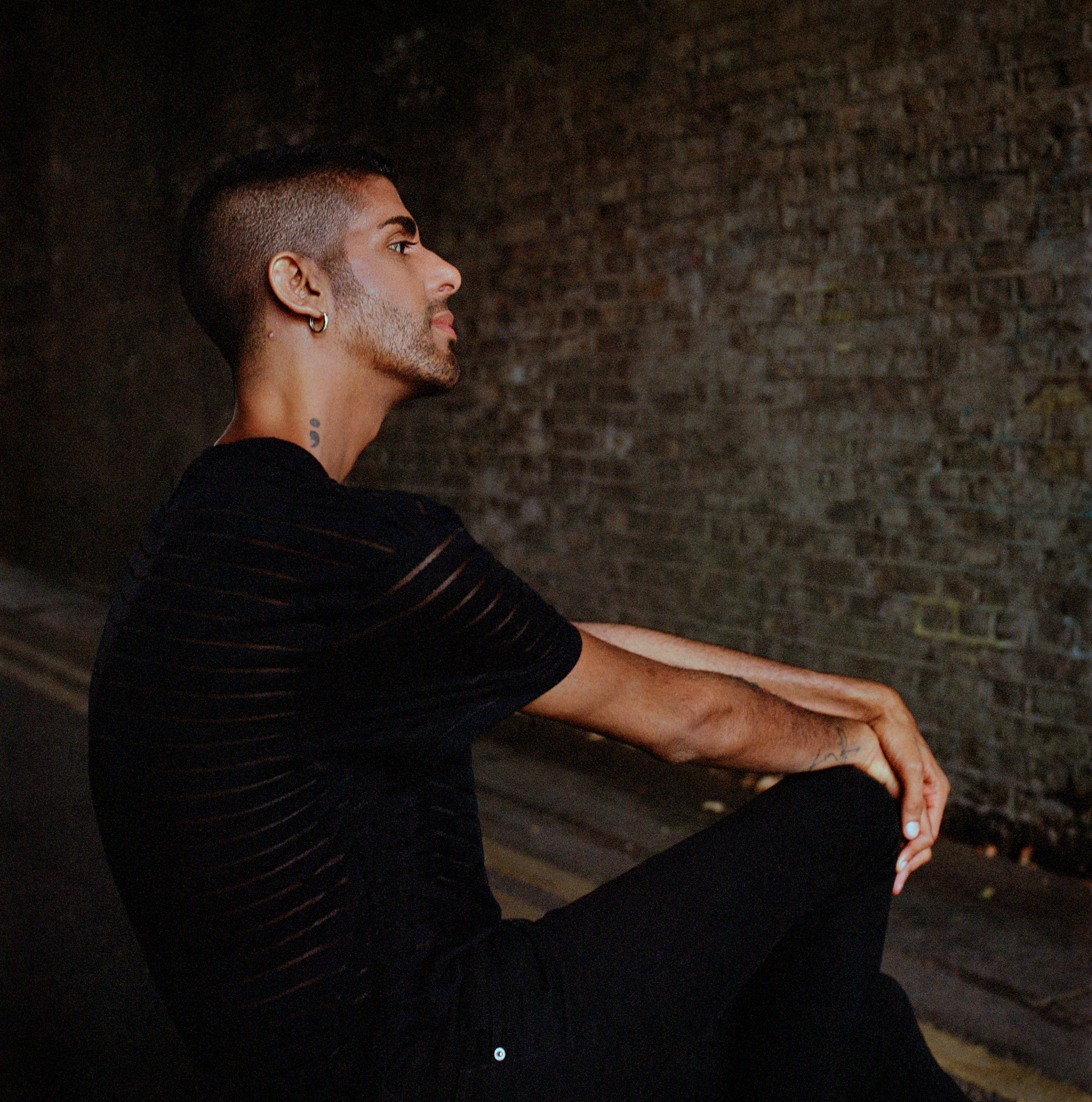
Bada from Egypt, photography Adam Broomberg and Oliver Chanarin
“You can use your culture in your work, in your life, and you shouldn’t be ashamed.”
‘A New Beginning‘ runs at Protein Studios, Shoreditch, 4 – 7 October 2018, 8.30am – 6.30pm.


